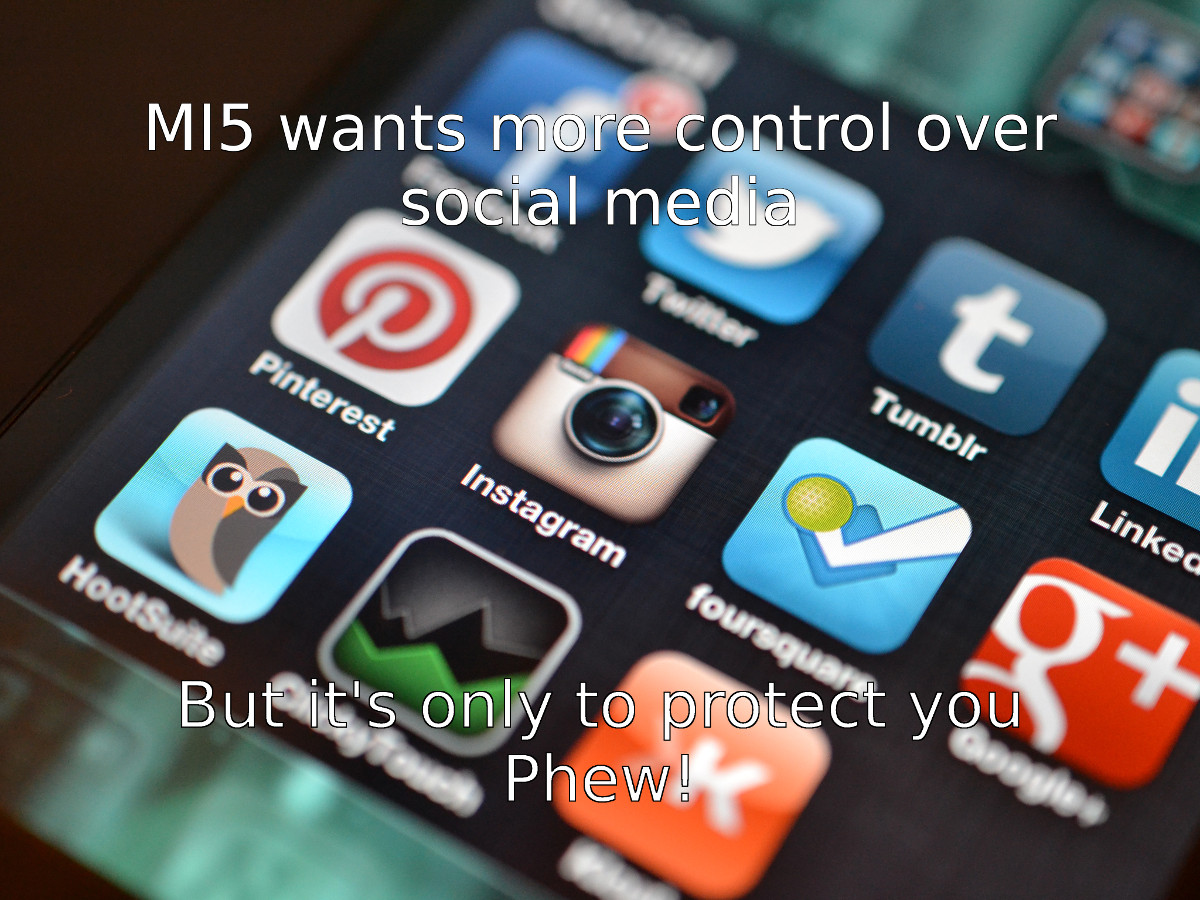Social media and Google serve three strategic purposes for the US government. Firstly, they allow the United States to conduct espionage; secondly, they facilitate the spread of disinformation; and thirdly, they serve as conduits for the transmission of social contagions.
In employing thought control against the users of social media and Google, the US government shapes and regulates voting outcomes and civil unrest. Social media and Google can therefore best be understood as unconventional weapons for use in proxy wars to achieve regime change against non-compliant non-aligned governments, such as Venezuela and Nicaragua.
Through geopolitical manipulations to overcome opposition, the US government seeks to bring about the ruling elite’s vision of a corporate-controlled global economy without deploying troops. This “non-violent” or “soft-coup” model of unconventional warfare is organised through the efforts of American quasi-non-governmental organisations (quangos), such as the National Endowment for Democracy. Used in various so-called “colour revolutions” in eastern European countries, the Middle East, and now Latin America, the model’s “user-friendly” packaging and features, through social media and Google, conceal their fundamentally military and security-oriented application. The NED makes no secret of its advocacy of the use of social media to fight proxy wars.
At a minimum, non-aligned governments should promote wide public awareness of this reality but should also fight back by using commercially available software that is able to search, monitor, analyse and manage the content of social media. To counter American corporate and government manipulation of social media, non-aligned governments can and should integrate this software in their communications strategies.
Concurrently, either unilaterally or together, they should guard against cyber-invasion by passing cyber laws with strong penalties, as done by Germany with its ground-breaking Network Enforcement Act. Non-aligned countries, such as the member-states of the Bolivarian Alliance for the Peoples of our Americas (ALBA), should perhaps follow Germany’s example of robust laws and fines.
Cambridge Analytica and social contagion
Two things are important in understanding the US government’s offensive against unfavourable non-aligned countries: firstly, the origins of Facebook and Google, and secondly, their collective influence over human motivation through coercion and the spread of social contagion through distorted reality.
Facebook’s influence can best be understood through the two scandals over Cambridge Analytica and the Social Contagion Study.
The Cambridge Analytica scandal revealed that Facebook exposed the personal data of 87 million users to a political consultancy firm of which the Trump adviser Steve Bannon was founder and vice-president. They used personal data to influence Facebook users’ votes in the US presidential election of 2016 in favour of Donald Trump.
The main client of SCL, Cambridge Analytica’s parent company, is NATO, as well as the defence departments of NATO member-states.
Another company involved in the scandal is Palantir, whose chairman and founder, Peter Thiel, was a major contributor to Trump’s presidential campaign. Palantir not only has numerous contracts with the US intelligence community and Department of Defense but was Facebook’s leading investor, remains on its board of directors, and is also on the steering committee of the elite corporate strategy group Bilderberg.
Another scandal involving Facebook is the Social Contagion Study, in which Facebook altered the news feed content of 700,000 unsuspecting users. The study controlled posts containing words with positively or negatively charged emotions to spy on reactions. They concluded their study by saying that emotions are spread by contagion through social networks. Facebook was publicly condemned for using Orwellian thought-policing on its users.
The Department of Defense’s Minerva Research Initiative paid for research by Cornell University for a similar study, entitled Modelling Discourse and Social Dynamics in Authoritarian Regimes.
Cornell University also worked on a study financed by the US Air Force Office of Scientific Research, which aimed to develop an empirical model of the dynamics of social movement mobilisation and contagions. The object was to determine the “critical mass” or tipping-point of social contagions by studying their “digital traces.”
Facebook and Google: Origin and influence
The CIA has a non-profit venture capital corporation called In-Q-Tel. Its senior managers are founders or board members of Facebook, and it is linked to Facebook through Peter Thiel of Palantir.
In August 2004 Thiel acquired a 10 per cent share in Facebook, for $500,000. The next two capital injections were $12.7 million from Thiel and Accel Partners in May 2005 and then $27.5 million from an Accel-led round of financing that included Thiel, Accel and Greylock Partners in April 2006.
In 2012 Thiel sold the majority of his shares for more than $1 billion, but he remains on Facebook’s board of directors.
Google’s founders, Larry Page and Sergey Brin, were both on the payroll of the National Science Foundation while working on its Stanford Digital Library Project, which involved creating search algorithms for scanning large quantities of data to find relationships. Financed by the US government, the NSF in its mission statement includes among its objects “to secure the national defense.” It has a long-standing relationship with the Defense Advanced Research Projects Agency (DARPA).
Google’s development was nurtured not only by the NSF and DARPA but also by the secretive Massive Digital Data Systems scheme, administered by private contractors for the CIA and NSA.
In 2004 Google bought Keyhole from In-Q-Tel. Its mapping technology software, Earthviewer, became Google Earth. Both In-Q-Tel and Google financed the “threat intelligence” company Recorded Futures, and have seats on its board.
Besides geographical and location tracking, Google assists the US government in its efforts to write—and rewrite—history. According to Google’s transparency report, the US government has nominated 79,901 items for removal since 2009. In the same period Venezuela nominated ten items for removal, and Nicaragua just one.
According to the authors of the report, Olivia Solon and Sam Levin, Google’s search and auto-complete algorithms give priority to sites with right-wing bias, while far-right groups trick it to boost propaganda and misinformation in search rankings. As explained by Robert Epstein of the American Institute for Behavioral Research and Technology, Google has the power to rig elections through something he calls the search engine manipulation effect. Appearing on the first page of Google search results can give web sites undue authority.
Besides taking active security measures, activists and non-aligned countries can learn from the US government and control the technology by posting supportive material on social media and Google. Most people using the internet already know that everything deviating from the prevailing imperialist narrative is automatically considered subversive and is likely to be blocked. On social media our “friends” in the US government are watching, ready to control anything tactical we post on the internet. One striking example of that control is the fact that Facebook has twice removed the English-language page of Venezuela’s Telesur channel.
But while the US government takes the lead in unconventional warfare technology, it also offers opportunities that can be exploited. What can’t be appropriated can be protested against. Their elaborate global surveillance system was devised because the ruling elite know they are outnumbered. Knowing this gives us power.
- Lauren Smith has a degree in politics, economics and society from the State University of New York and a postgraduate degree in international development administration from New York University. Her novel on Nicaragua’s 1979 revolution is due out in 2019.






